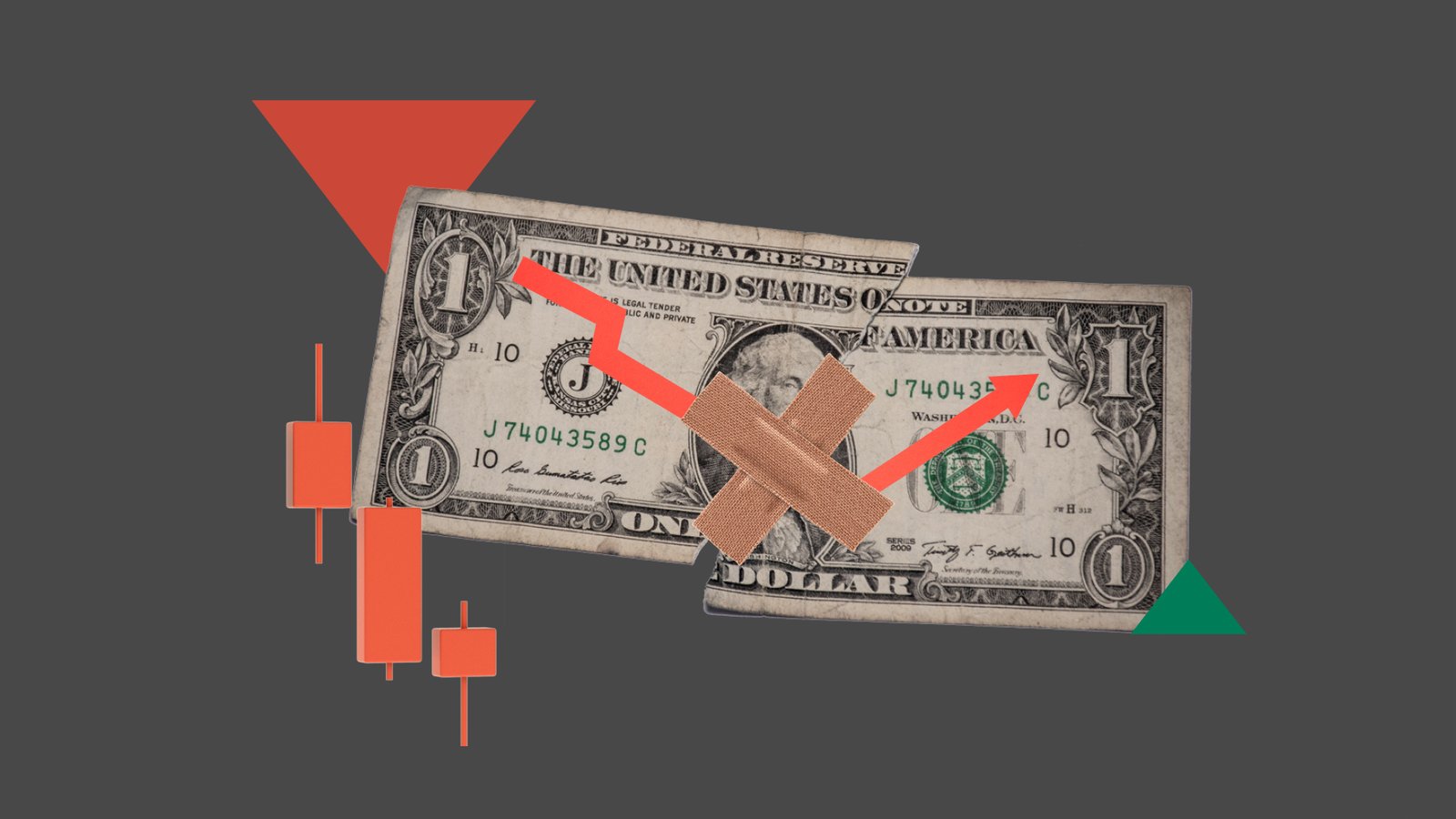Introduction to revenge trading
Learn about the psychological triggers behind revenge trading and how to limit the influence of emotions on your trading decisions.

Revenge trading refers to the emotional response of traders in attempt to recover occurred losses
The psychology of revenge trading is rooted in emotions, such as anger, greed and frustration
These feelings lead traders to make impulsive and high-risk decisions, ignoring their established strategies
To avoid revenge trading, traders should have a clear trading plan, be aware of their emotions and use risk management tools, such as stop loss orders
What is revenge trading?
Revenge trading, a prevalent but hazardous practice in online trading, emerges when traders, overwhelmed by emotions, attempt to recoup losses hastily. This behaviour is not limited to beginners; even experienced traders sometimes fall prey to it.
At its core, revenge trading is an emotional response to a significant and sudden loss, where traders quickly re-enter the market, hoping to recover losses without adequate analysis or strategy. This approach, however, is fraught with risks, as it often results in even greater losses.
The impulses driving revenge trading are multifaceted, encompassing anger, greed, fear, and shame. These emotional reactions cloud judgement, leading to decisions that deviate from rational trading strategies and principles.
Common patterns in revenge trading include overtrading, entering positions without proper analysis, and refusing to cut losses, which can escalate into catastrophic financial consequences.
Emotional triggers for revenge trading
There are several emotions that tend to trigger traders and can lead them to turn to revenge trading. Let’s have a look at some of the most common ones.
Anger: Often stemming from the anger and frustration of significant or unexpected losses, traders may attempt to quickly regain their lost capital. These feelings may lead to uneducated decisions and cause more losses.
Greed: A primary driver in trading, greed can lead traders to engage in revenge trading with the aim of increasing profits. Greed might make traders to take unnecessarily high risks, in hopes of big profits.
Fear: The overarching fear of substantial losses or missing out on potential gains an compel traders to hastily enter revenge trades, without properly analysing the market and potential outcomes.
Shame: Particularly in team settings, the desire to avoid embarrassment from losses can motivate traders to engage in revenge trading.
How to avoid revenge trading
It's impossible to completely ignore emotions when trading, but to reduce the risks of revenge trading, traders can take precautions.
Stick to your trading plan: It’s important to have a trading plan, establish a consistent trading routine, and maintain discipline to avoid impulsive decisions and not give emotions control over your trades. Regularly assess and, if necessary, revise trading strategies, including entry and exit plans.
Implement risk management: Using risk management strategies and tools in your trades helps you to limit the influence of emotions on decision-making. Stop-loss order, one of the most popular risk management tools, limits losses by automatically closing a position when an asset’s price reaches a certain level.
Take a break: Traders should take breaks and avoid trading when emotions are running high. A short period away from trading can provide the necessary distance to regain objectivity and control over emotions.
Learn from losses: Reflecting on the reasons for the loss and the decision-making process will help you understand your past mistakes and avoid repeating them in the future. Maintaining a trading journal can help you to analyse past trades and mistakes, to make more disciplined trading decisions in the future.
Revenge trading is a common pitfall that can significantly hinder a trader’s performance. Recognising and addressing the psychological triggers behind this behaviour is crucial for long-term success in financial markets. By adhering to disciplined trading strategies and learning from past experiences, traders can avoid the destructive cycle of revenge trading.









